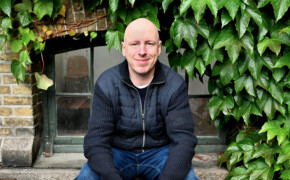Universitetsavisen
Nørregade 10
1165 København K
Tlf: 35 32 28 98 (mon-thurs)
E-mail: uni-avis@adm.ku.dk
Section
People who are under pressure in their professional lives are willing to act brutally to climb the career ladder. And this can be exploited, new Copenhagen study shows.

At the Royal Danish Academy, David Dreyer Lassen spoke of fierce competition, an increase in fixed-term appointments, and the need for new criteria for recruitment of academics.
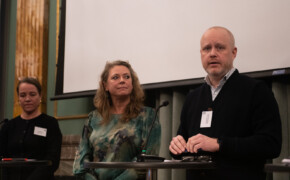
The soya bean is set to be replaced by the Danish pea in plant-based food. University of Copenhagen associate professor explains the sustainable food initiative.

An internship in Australia set off a research project on functional disorders. Now, two Danish students have published their results in one of the world’s leading medical journals.
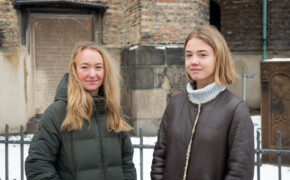
The Round Tower’s three-tonne dome has been removed as part of the restoration of what used to be a University of Copenhagen science hub.

One rock out of place could be fatal for a lunar lander. In 2029, the UCPH-led satellite Máni will map out safe landing sites.
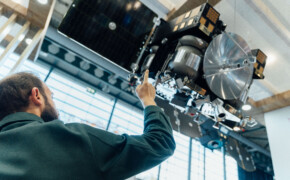
Antisemitism is surging online — University of Copenhagen historian is now to lead a new research and outreach initiative

75 years after Niels Bohr’s open letter to the United Nations, researchers warn that science — once again — is caught up in a collaboration and security dilemma. New geopolitics initiative wants to help the university find its way in an era where research has to be both open and protected.

A new AI model with contributions from the University of Copenhagen can predict the onset of illness across entire populations. But it also raises ethical questions about data security — and about people’s right not to know which diseases might affect them in the future.
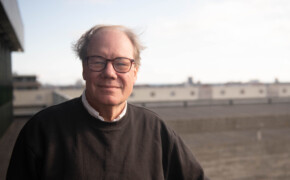
Stories of a deeply polarised United States are overblown. Just 1.1 per cent of Americans want an ethnically homogeneous society. This is according to a new study led by psychologist Séamus Power of the University of Copenhagen.
